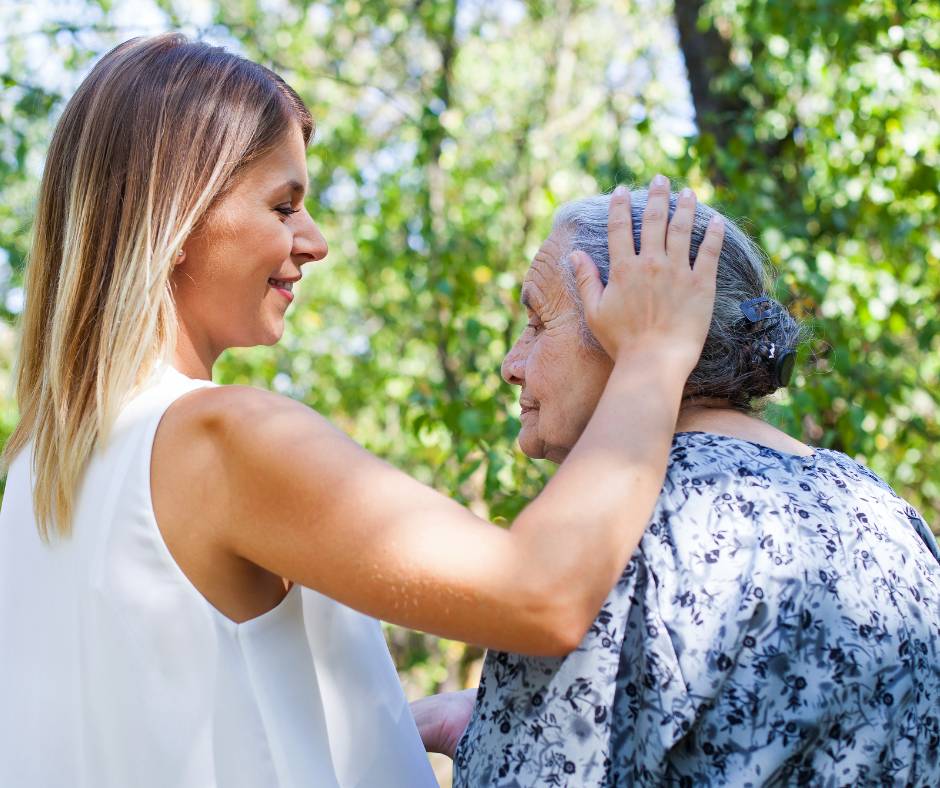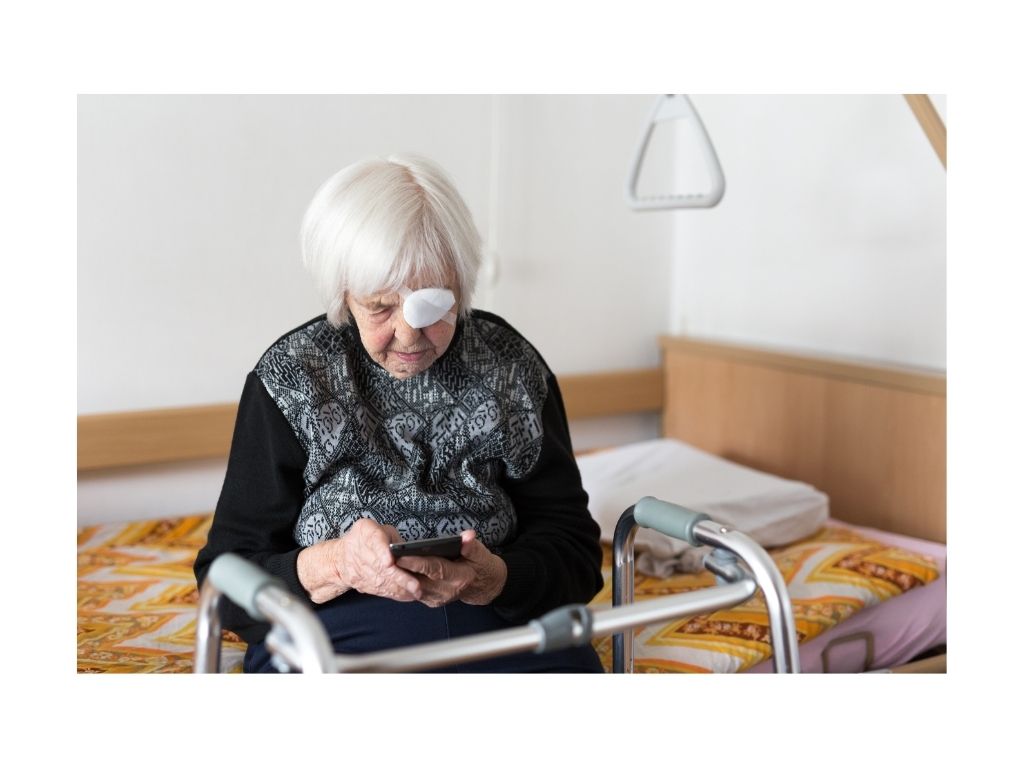Being a family caregiver for a loved one with dementia can be incredibly daunting. The process of caring for someone with dementia is full of new challenges, and it can be difficult to know what to expect. This blog post will provide an overview of the role of family caregivers for dementia patients so that those facing this challenge have some understanding of the journey ahead.
The Role of Family Caregivers
Family caregivers play a vital role in the care and well-being of dementia patients. While medical professionals are responsible for providing medical care, family caregivers are responsible for providing emotional support and daily tasks such as meal preparation, dressing, bathing, administering medications and transportation.
Understanding the Challenges Ahead
Dementia is a progressive disorder, meaning it gets worse over time. As the disease progresses, individuals can experience changes in their abilities to remember things, think clearly and communicate effectively. They may also start to have difficulty with daily tasks such as dressing, bathing or eating. Family caregivers should be aware of these changes so they can adjust their caregiving strategies accordingly. Additionally, family caregivers should look out for signs that dementia is worsening such as increased confusion and agitation or decreased interest in activities. Early recognition of these signs will allow for timely interventions which can help slow down the progression of the disease.
Caregiving Isn’t Easy but Can Be Incredibly Rewarding
It is important to understand that being a caregiver is not an easy task. It requires patience, compassion and understanding, and can also be physically exhausting and emotionally draining. That said, it can also be incredibly rewarding to see your loved one smile or experience times of clarity or joy during times when they may otherwise feel overwhelmed by confusion or sadness.
Navigating Challenges with Dementia Caregiving
Dementia caregiving poses many unique challenges. One common challenge is that symptoms can vary significantly from person to person and even day to day. As such, it is important to stay flexible in order to accommodate different needs at different times while still providing consistent care. Additionally, it is important to remain patient yet firm in addressing difficult behaviors related to dementia such as agitation or aggression as these behaviors may stem from fear or frustration due to confusion or misunderstanding. Finally, it is essential that caregivers take time out for themselves in order to maintain their own health and wellbeing while caring for their loved one with dementia.
Take Turns Providing Care To Loved Ones with Dementia
Being a family caregiver for a dementia patient can be difficult, but it is also rewarding. It is important to understand the challenges that come with this role so that you can best support your loved one. Additionally, caregivers must take care of themselves in order to maintain their own health and wellbeing.
Caring for a family member with dementia can often be overwhelming if one person is the only one providing care. To help alleviate this burden, family caregivers should consider taking turns in caring for their loved one. Having multiple people involved in caregiving can provide increased emotional and physical support, as well as provide a much-needed break to each caregiver.
Create a Caregiver Plan
In order to make taking turns more effective, it is important for family members to decide who will take part in caregiving and how frequently they will do so. Caregivers should also ensure that everyone is adequately trained on how to provide care and are informed of any medications or treatments that need to be administered. This can be done through attending classes, discussing with medical professionals or reading educational materials about dementia and its associated symptoms. It is also important to establish clear communication channels between family caregivers so that they can discuss any changes or issues that arise.
A Positive Outcome When Multiple Caregivers Are Involved
Taking turns in caring for a loved one with dementia can also provide an opportunity for those involved to bond with the patient. Each caregiver may have different approaches which may help bring out certain positive behaviors from the patient or simply bring some joy into their life at times when they feel overwhelmed by confusion or sadness from the disease. Caring for someone with dementia can also bring family members closer together as they work together towards helping the patient manage their symptoms and cope with their condition.
For those feeling overwhelmed by taking on the role of family caregiver alone, turning caregiving duties into something shared amongst several people can help relieve some of the stress associated with it. Through being organized, communicating clearly and involving other family members or even family friends in helping out, taking turns in caring for a loved one with dementia may make all the difference both for those providing care and those receiving it.
Conclusion:
Caring for someone with dementia can be an overwhelmingly difficult experience; however, there are resources available that provide support and guidance throughout this journey such as online communities, support programs and professional services. Remembering that you are not alone in this process can make all the difference so don’t hesitate to reach out when you need help!
Discover more from Beautiful Reawakening
Subscribe to get the latest posts sent to your email.




 Birthday Celebrations Make a Difference
Birthday Celebrations Make a Difference  Rejuvenate with a Homemade Strawberry Lemonade Electrolyte Drink
Rejuvenate with a Homemade Strawberry Lemonade Electrolyte Drink  A Journey of Love and Resilience: The Frechette’s Battle Against Frontotemporal Dementia
A Journey of Love and Resilience: The Frechette’s Battle Against Frontotemporal Dementia  Protecting Aging Parents from Unwanted Calls
Protecting Aging Parents from Unwanted Calls
Leave a Reply